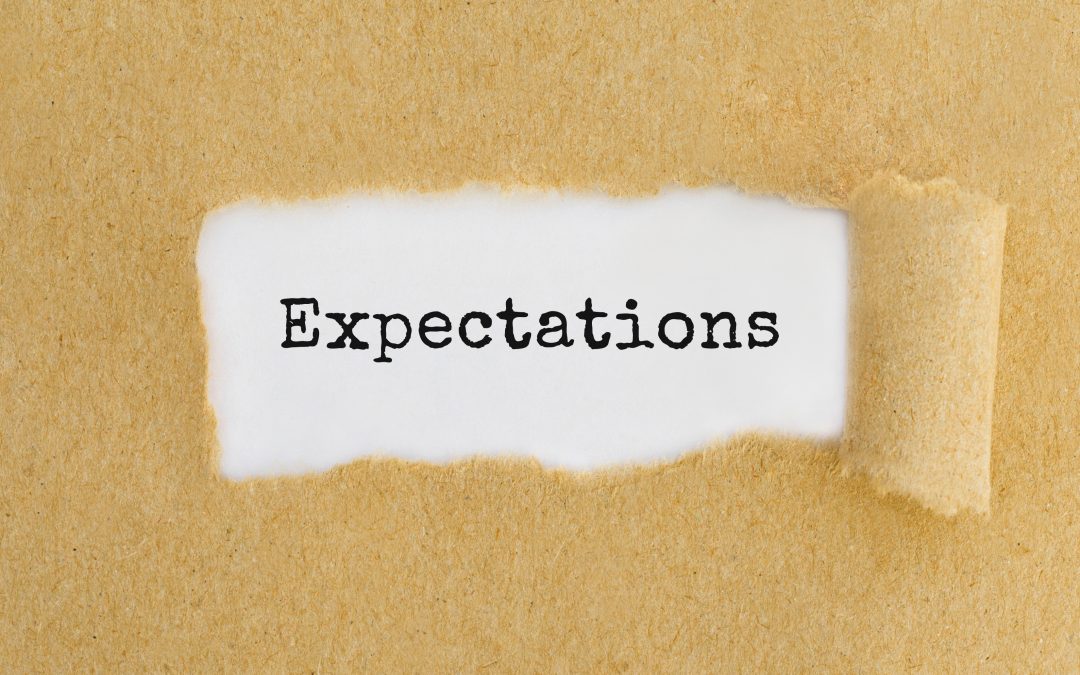We merrily go through life with expectations across our relationships, from business to personal, so it is something that applies to us all at varying degrees.
If we buy a loaf of bread, we expect it to be fresh and well-made. If we engage the services of a professional, we expect a certain level of expert advice and guidance. But what about within relationships? What should we expect within them?
How we relate to each individual in our lives depends on our own programming, social conditioning and perception. We have relationships with colleagues, romantic, family and friends and, in general, we have a certain level of expectation as to how our discourses should play out according to our background and what is considered to be social “norms”.
But this is where problems can originate because once we set an expectation of any kind in a relationship, it makes us prone to disappointment and judgement. When our expectations are not being met, we begin to question the quality of the liaison and we feel we are not satisfying the original intention of the relationship, which is when the ‘blame-game’ kicks in.
Expectations are the killer of a relationship because they always come from a conditional perspective and from an intention that is based on need rather than want.
Whilst it is fair to have a certain amount of expectation within the workplace from both parties, once the employee’s expectation stops being met, the psychological contract gets broken and inevitably they will seek alternative work elsewhere because they feel their needs are not being satisfied, for whatever reason.
On a more personal level, with a friend, partner or family, the moment we set an expectation on how that person should behave or act, then we are giving them the responsibility to satisfy a need within us, through projecting our own judgement on to them and making the relationship conditional. That comes from a place of perceived ‘lack’ within our subconscious mind and nobody can satisfy that need for any sustained period of time before disappointment inevitably sets in. Not only that, it means that we are effectively disempowering ourselves in the process. We then decide that it must be the fault of the other party or the relationship itself, so we begin to search for that need to be fulfilled elsewhere and end up sabotaging the situation.
If, however, we feel happy inside already, for example, then we would not need to put the onus onto the other party to bring us happiness. So, the balance of power in the relationship would be equal and without condition.
Entering a personal relationship with expectations to be fulfilled will inevitably lead to disappointment at some stage because it wouldn’t matter how loving, giving or supportive the other party was, it wouldn’t be enough in the mind of the person holding the ‘lack’ or need and so they would always have the insatiable desire for more, until they recognised it within.
Once we accept we have everything we need within, we will always come from a balanced perspective and set no demands of others and, instead, accept them as they are, without condition and without any judgement placed upon the relationship. A balanced relationship without expectation is freeing and accepting and comes from the heart and not from the head. All else is illusion.
So, as an exercise, look at the close relationships you have now and see where you are coming from in terms of expectations within them. What aspect of you do you feel is lacking that you search for in another and don’t recognise within yourself already?
Copyright: Caroline Cousins, published by Advertiser and Times (New Milton and Lymington) 17th February 2020






